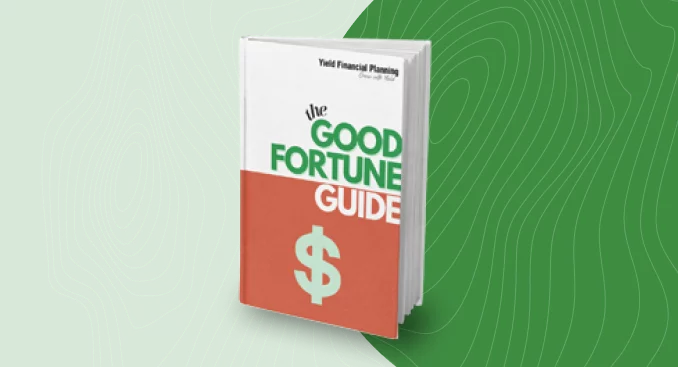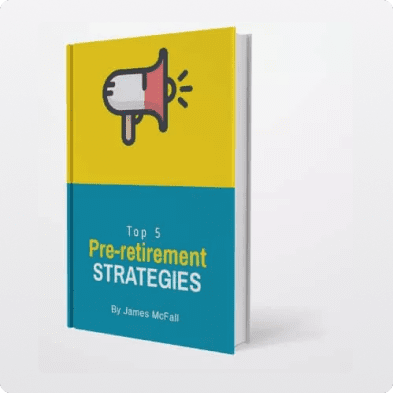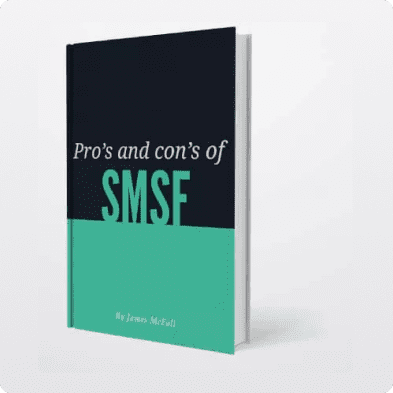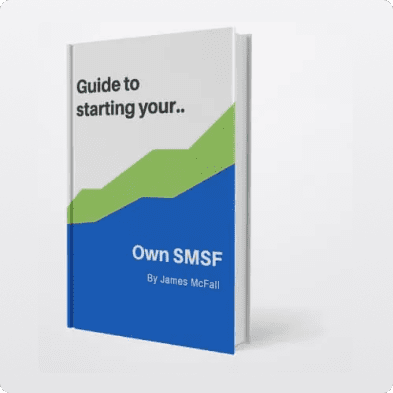Thinking about leaving super and insurance to your kids? Your children might have to pay a lot of tax if you leave them your superannuation & insurance proceeds.
This can be a particular issue where you:
- Are splitting your assets amongst your children – for instance, you leave the house to one child and your super to another; and/or
- You have some children that are dependents and some that are not!
All lump-sum death benefits are tax-free if paid to a dependant (for tax purposes).
Lump-sum death benefits paid to non-dependants (for tax purposes) are taxed at 15% plus the Medicare levy (for elements taxed in the superannuation fund) or taxed at 30% plus the Medicare levy (for elements untaxed in the fund such as insurance proceeds).
This could leave a large and potentially unintended after-tax difference if it isn’t well planned for.
What is a Dependant for Tax Purposes Exactly?
- Your legal or de facto partner or another person with whom you are living together on a genuine domestic basis as a couple (including same-sex couples)
- A child under 18 years (including an adopted child, stepchild, ex-nuptial child, or child of a member’s partner)
- Any person financially dependent on you at the date of your death
- A person with whom you have an interdependency relationship.
What is an Interdependency Relationship?
It is where two people (whether or not related by family):
- Live together
- Have a close personal relationship
- One or each of them provides the other with financial support, and
- One or each of them provides the other with domestic support and personal care.
An interdependency relationship can also exist where there is a close personal relationship between two people who do not satisfy all other criteria for interdependency because either or both of them suffer from a physical, intellectual or psychiatric disability.
If you want to evaluate your intentions for your superannuation and/or life insurance proceeds, Yield can help.
Information provided is in accordance with our disclaimer – users should ensure they read our disclaimer before continuing to use our site

















